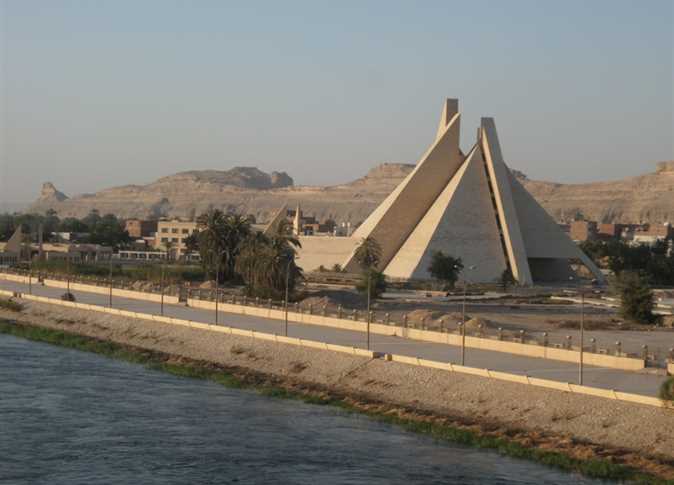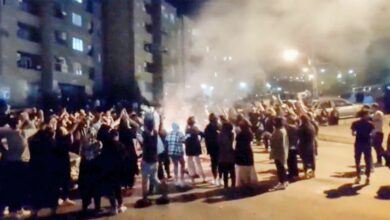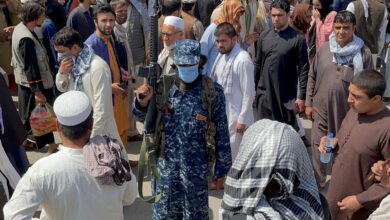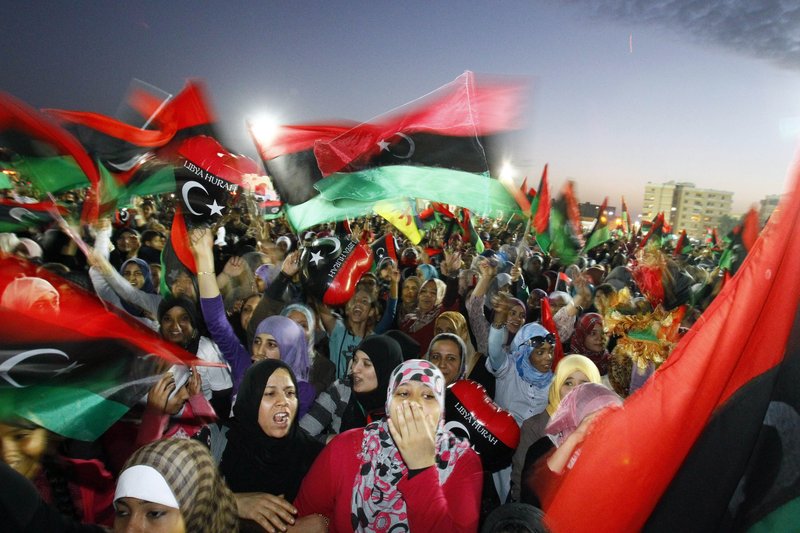Mohamed El-Baz's new book, "The Last Pharoah," discusses the reign, corruption and eventual fall of former President Hosni Mubarak. But the rich subject matter is foiled by the author's attempt to get the book — published two weeks ago — into market as quickly as possible.
Released by Konouz publishing, the book begins when Mubarak did, in 1981, following the assassination of President Anwar Sadat. El-Baz says Mubarak’s emergency appointment to the presidency turned him into a pharoah. The author moves on to describe the generation behind the 25 January Revolution — Facebook and Twitter users who, once described as apathetic and lazy, led the campaign to overthrow Mubarak. According to El-Baz, this perceived laziness was the result of the Mubarak regime having wiped out all traces of political activities from schools and universities, in an (obviously useless) attempt to prevent a youth-led revolution. El-Baz asserts that over the last three decades, instead of becoming politically active, young Egyptians turned into either religious fanatics or drug addicts.
The first 80 pages of the book are a synopsis of the revolution. The second half discusses the counter-revolution, including its prominent figures and impact. It then moves on to a description of Mubarak as a person and ex-military man. El-Baz uses accounts from Mubarak’s entourage — dating back to his high school years — to confirm that the former leader was evil and dishonest. As a military officer, Mubarak reportedly spied, not only against his colleagues, but against his country. He spied for the Russians, the British and the Americans; according to the book, he even spied on late President Gamal Abdel Nasser.
The book quotes several psychiatrists, such as prominent Egyptian doctor Ahmed Okasha, who hypothesize on Mubarak’s current psychological state after leaving office. Okasha says that Mubarak might be suffering from a state of shock and disappointment, leading to emotional disconnection. Depression in old age may weaken the immune system greatly, the doctor says. But Al-Azhar psychology professor Ahmed Shawky al-Aqabawy does not think Mubarak is likely to be suffering regret or remorse.
“The Last Pharoah” discusses Mubarak’s entourage, stolen money, and the old National Democratic Party (NDP) guard — figures like Zakaria Azmy, Safwat al-Sherif, Omar Suleiman, Kamal al-Shazly and the infamous businessman Ahmed Ezz, who rose to the political arena through his association with Mubrak's son Gamal. Together, Gamal Mubarak and Ezz launched Gmaeyat Geel al-Mustaqbal (the Future Generation Association) in the nineties that served as the core of the political committee for the NDP.
The book presents itself as a tell-all account of Mubarak-related secrets, but in reality it offers nothing new. El-Baz seems to forget that most of his readers were either in Tahrir Square making history or pasted to their televisions and already know every single detail he writes about. Aside from the redundancy, “The Last Pharaoh” also suffers from its inaccuracies — but the misinformation does not translate into seductive gossip. Rather, the sloppiness proves that the book was written in haste to capitalize on the revolution. And it won’t be the first of its kind.




